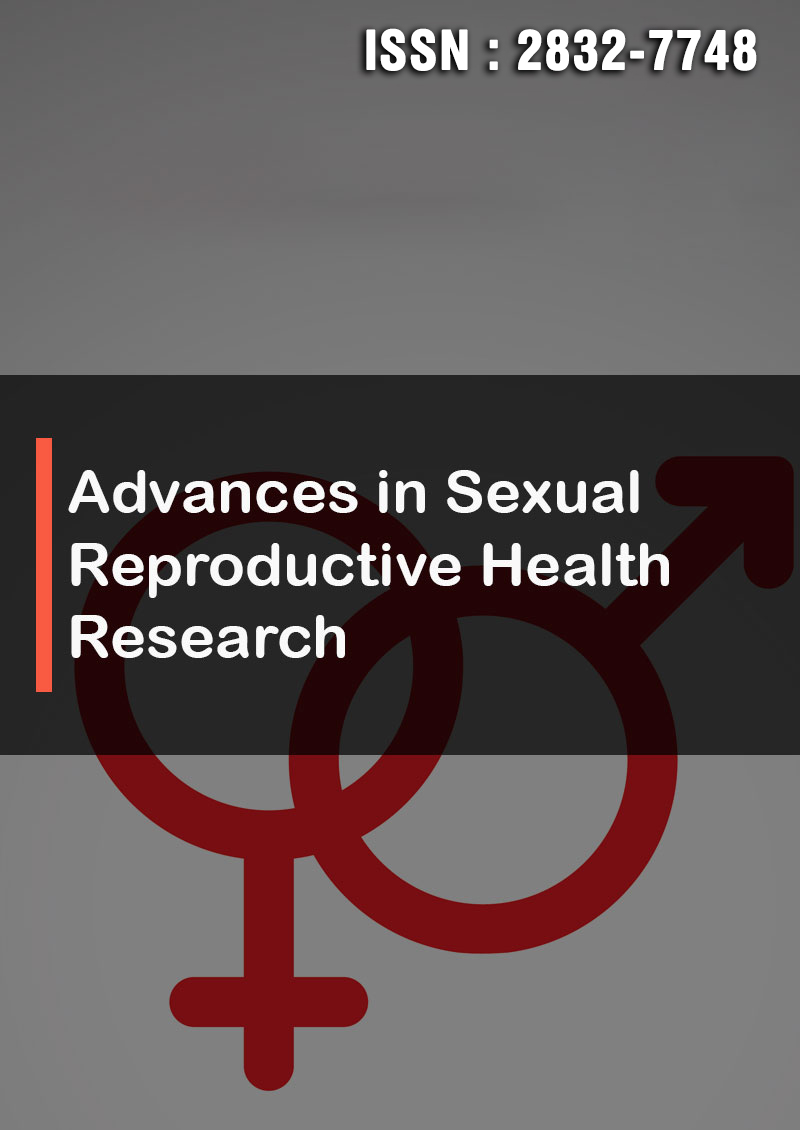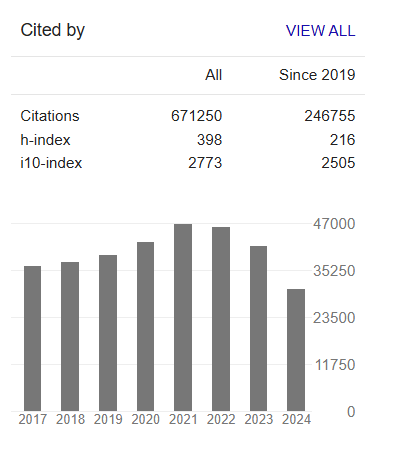Infection Prevention Practices and Associated Factors Among Healthcare Workers in Governmental Hospitals in Addis Ababa, Ethiopia, 2022
Abstract
Cheru Kore Sifir
Background: Failure to follow proper infection prevention practices puts healthcare workers, patients and communities in danger. Despite the increases of highly contagious infections, infection prevention practices among healthcare workers are unknown in many developing countries. The need to know infection prevention practices is vital for prevention and control of nosocomial infections. Therefore, the target of this study was to assess infection prevention practices and associated factors among healthcare workers in governmental healthcare facilities in Addis Ababa, Ethiopia.
Objective: the aim of this study to assess infection prevention practices and associated factors among healthcare workers in governmental Hospitals in Addis Ababa, Ethiopia
Methods: A facility based cross-sectional study design was conducted in the study period from May to June 2021, in Addis Ababa among 419 healthcare workers who was selected by simple random sampling technique from 12 governmental Hospitals. Data was collected using pre-tested interviewer administered structured questionnaire. Data was entered into Epi -data 3.1 and exported to SPSS version 20 for analysis. Findings were presented using odds ratios with their 95% confidence intervals. A p-value but 0.05 were wont to declare statistical significance. Multivariate logistic regression analysis was used to determine the relationship between various factors and infection prevention practice of health professionals.
Result: A general of 419 study participated in the study were involved 100%. The imply age of members changed into 28.22 years (SD = ±7.18), and amongst them 157 (37.5%) had been men and 262(62.5%) had been females. The type of hand hygiene reported by the respondent was 250 (59.7%) soap and water, and 151 (36%) alcohol. Knowledge, availability of guides, and working hours were all significantly related to infection prevention practices.
Conclusion and Recommendation: The results of the study show that half of health professionals (53.8%) rated good infection prevention practices as low. Government Hospitals, along with interested parties, should track and oversee health care professionals to understand the safe practice of infection prevention professionals and maximize infection prevention practices with routine work and enhancing sustainable care such as PPE and healthcare provider encouragement, PPE and IP - guidelines to use.




